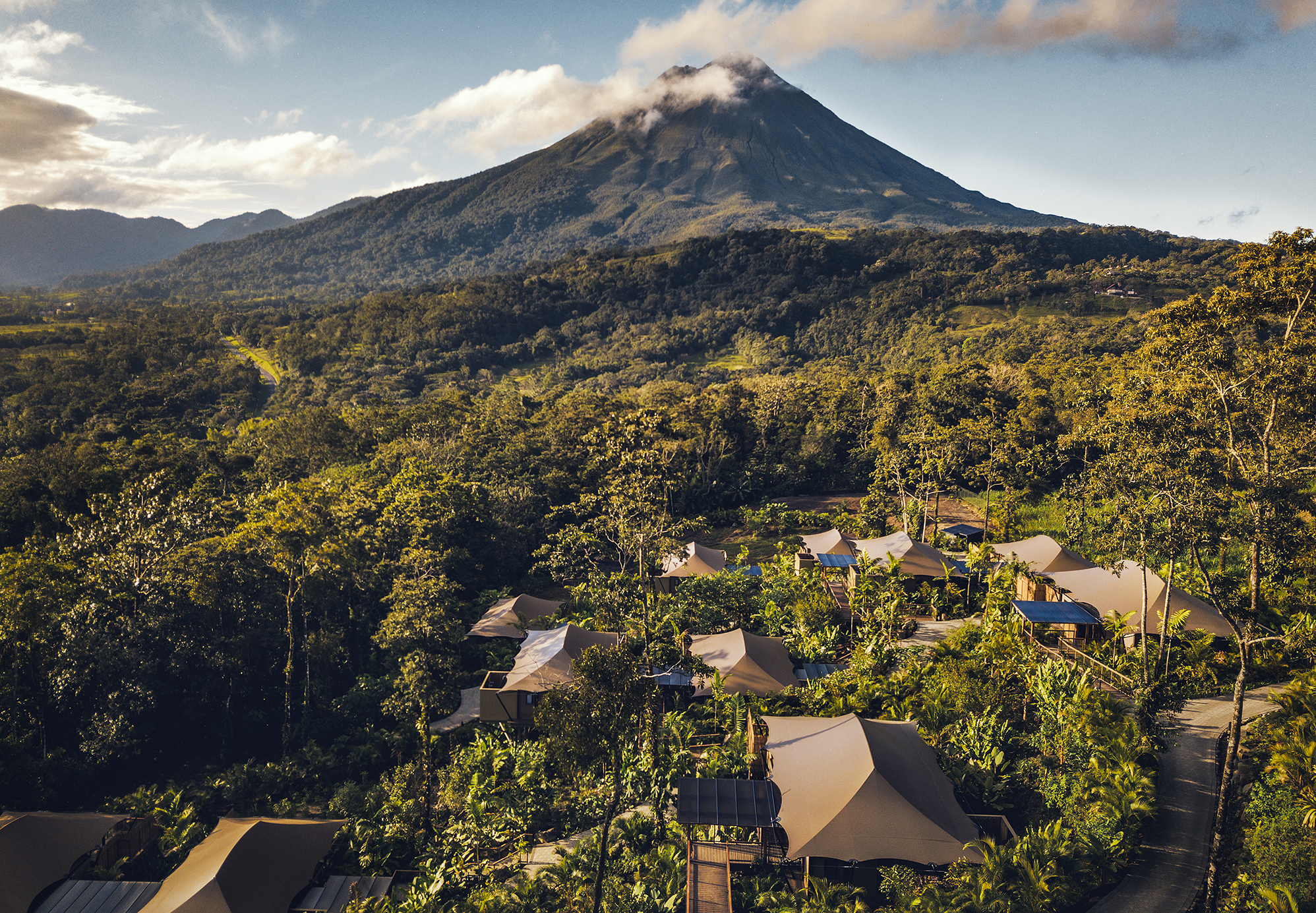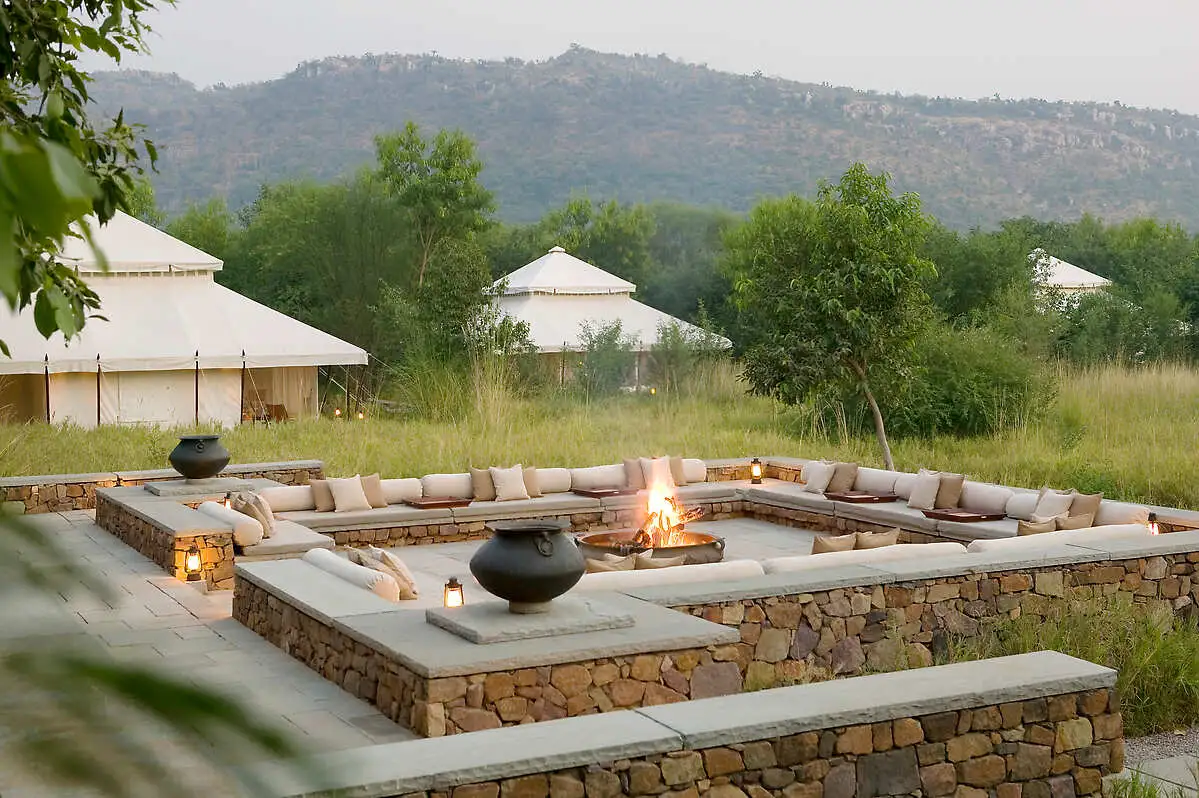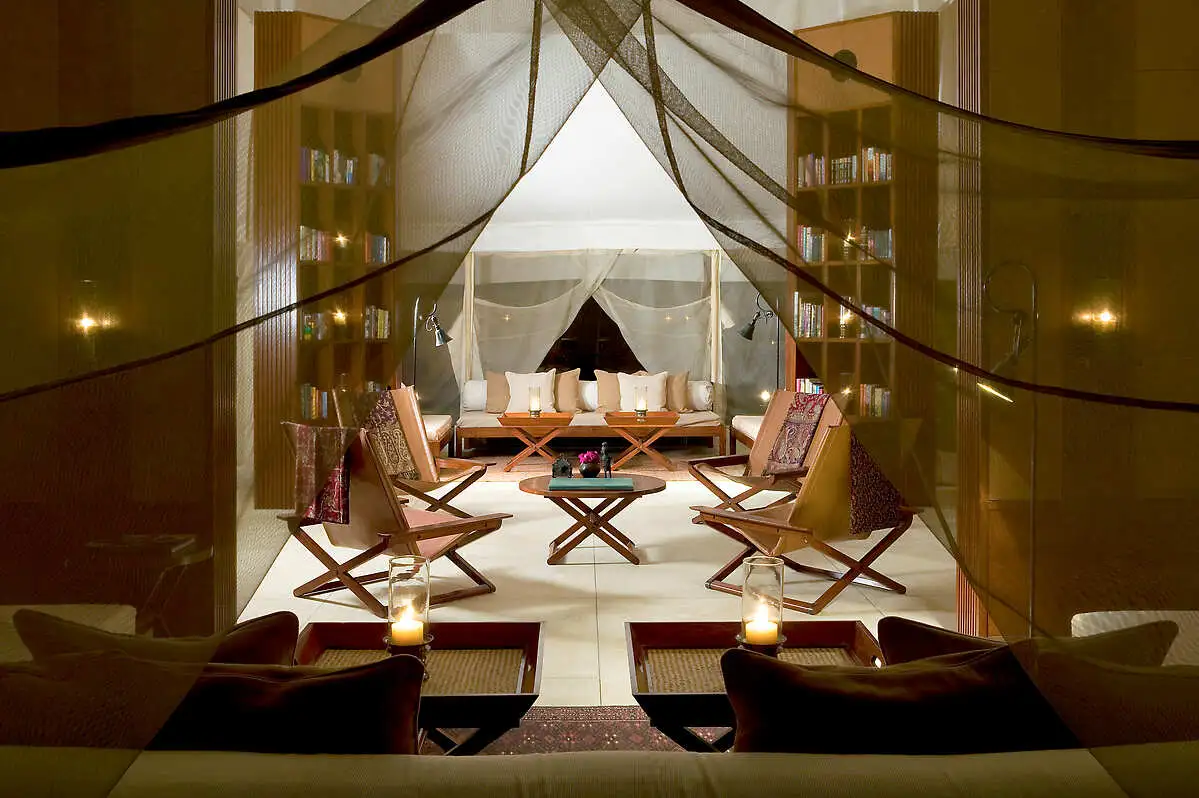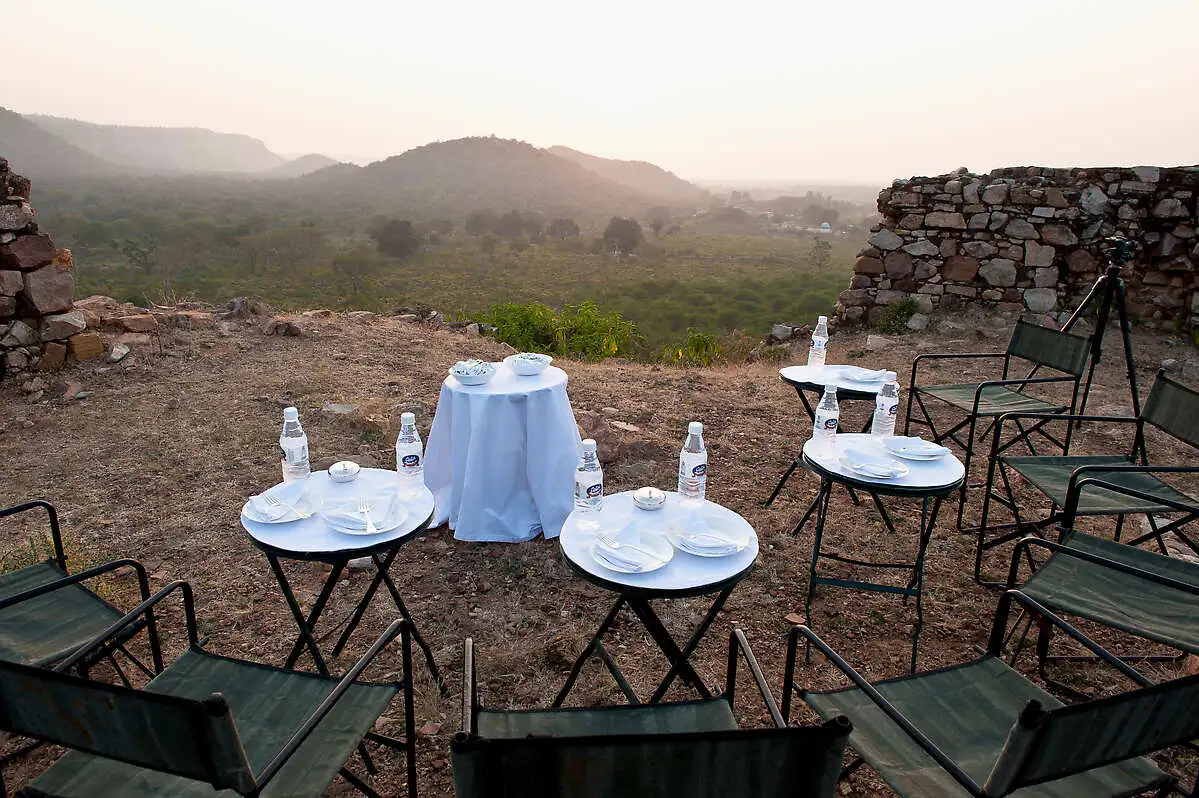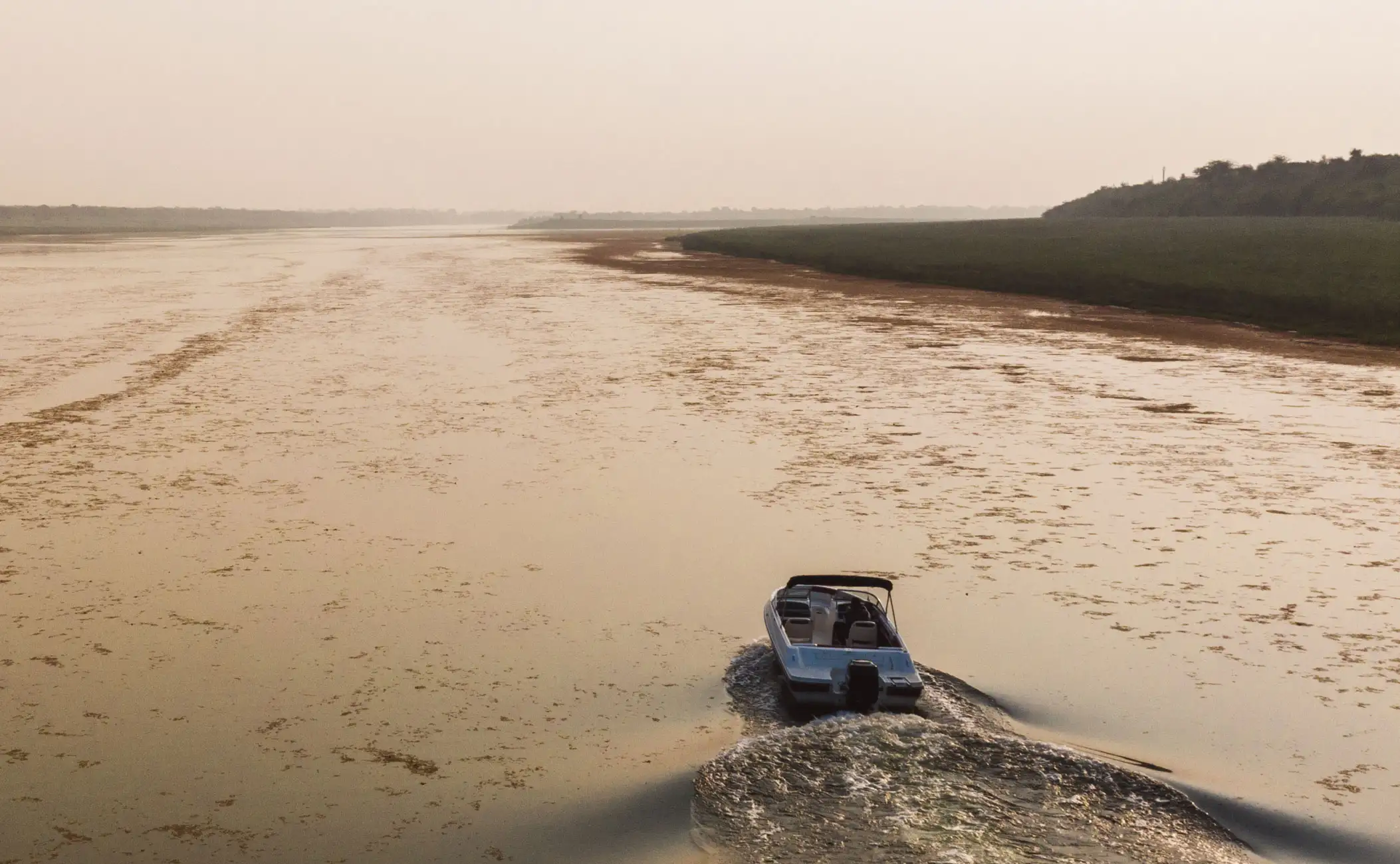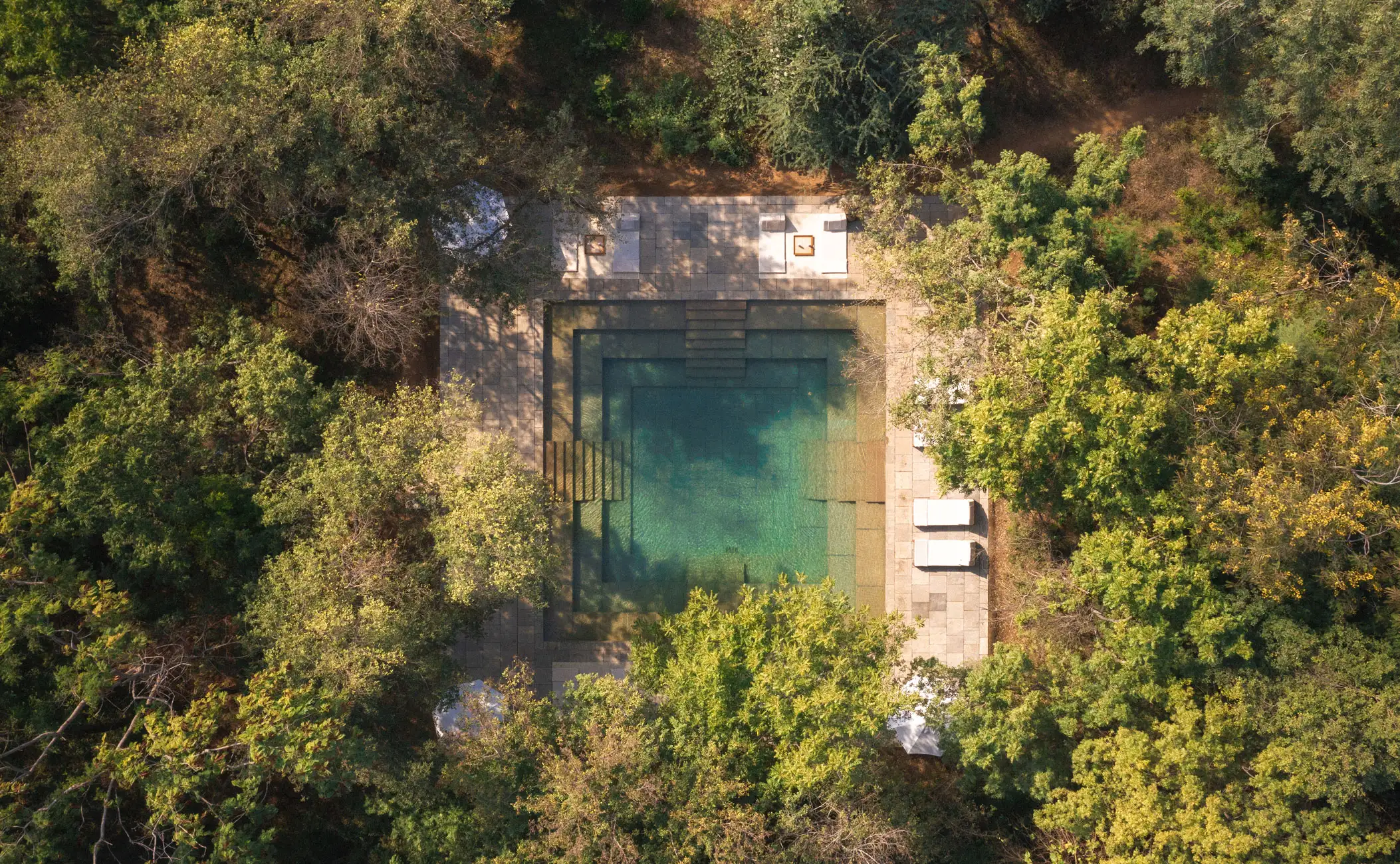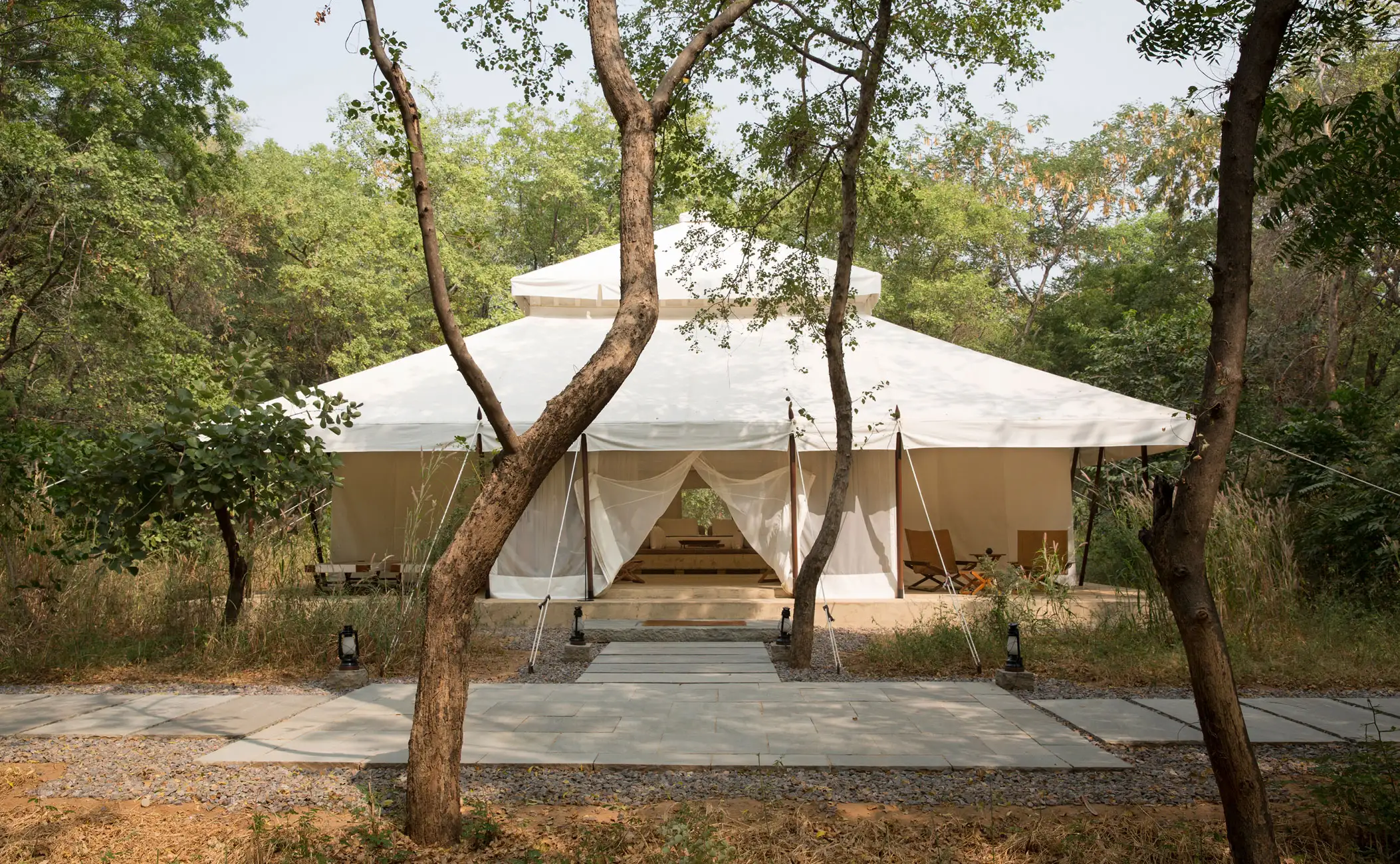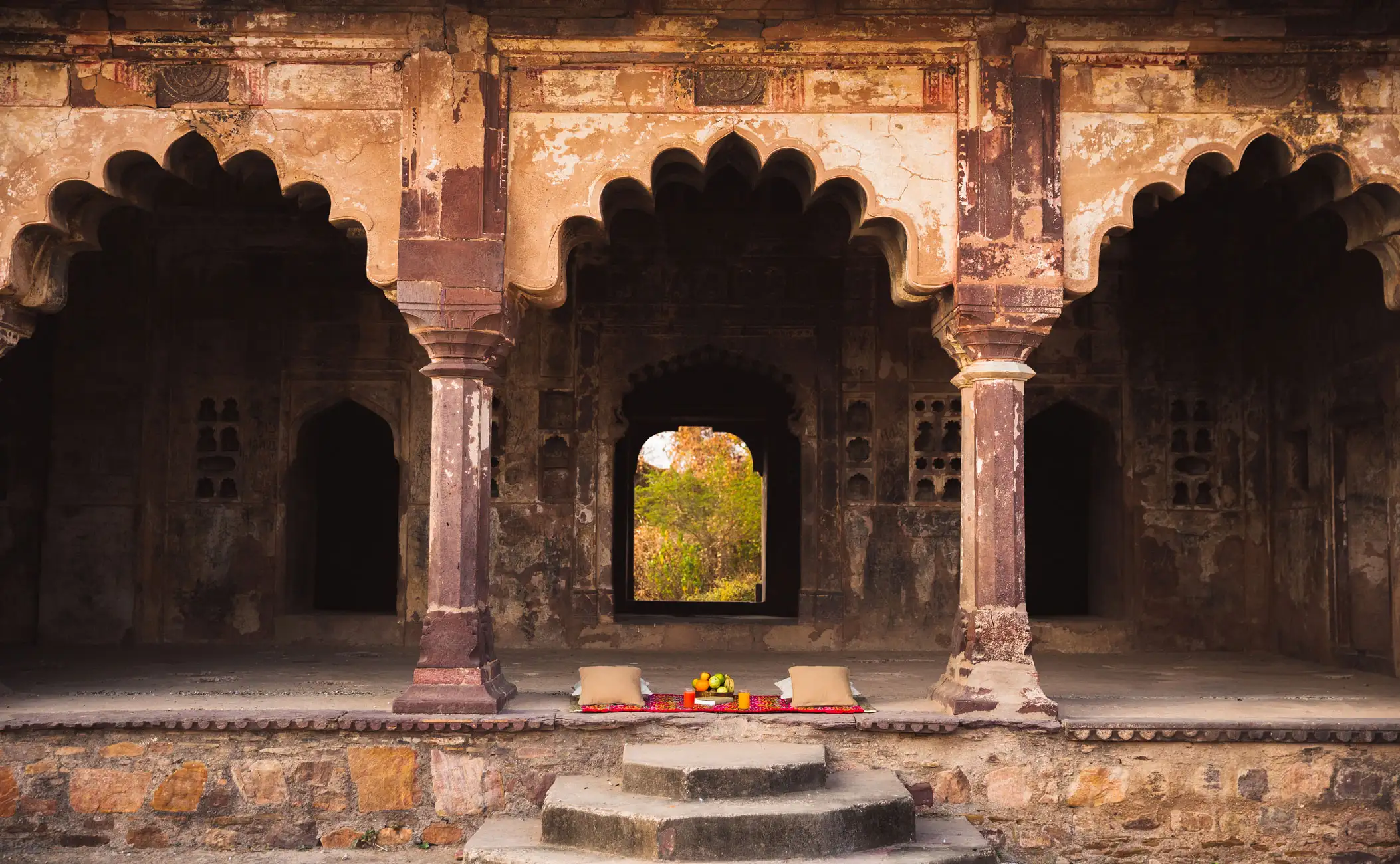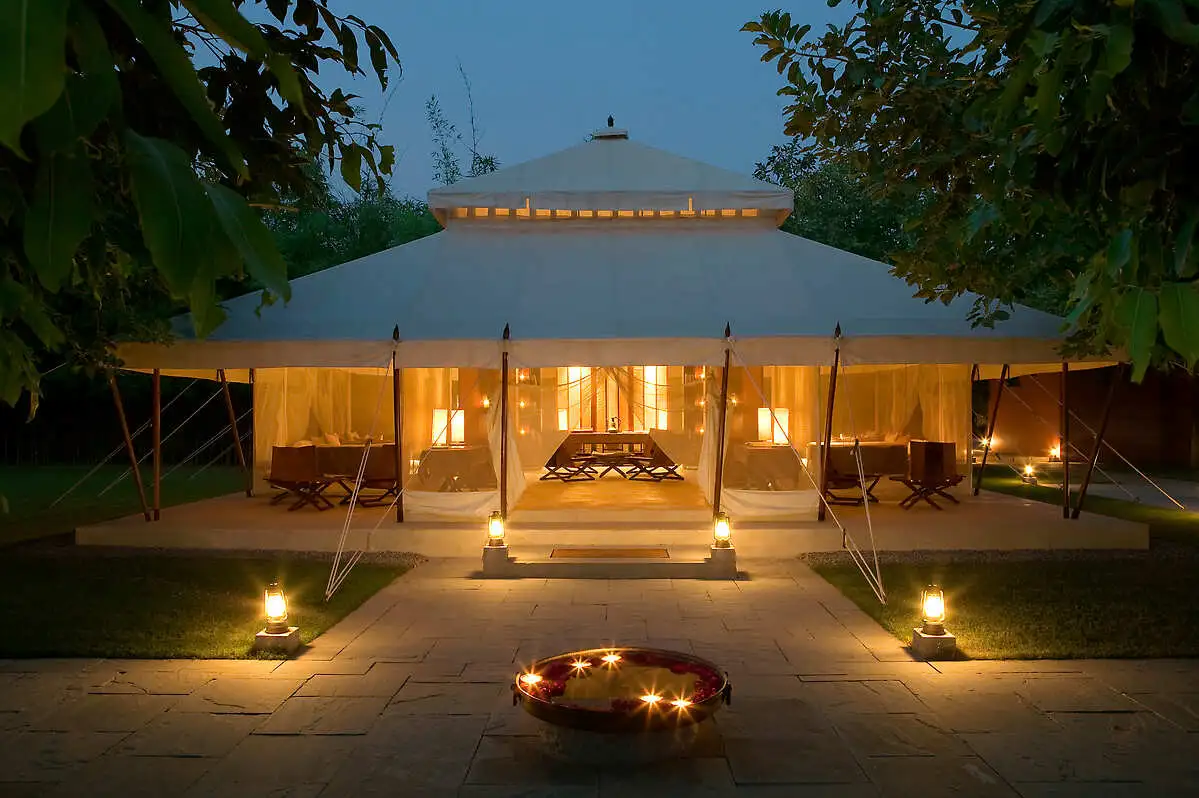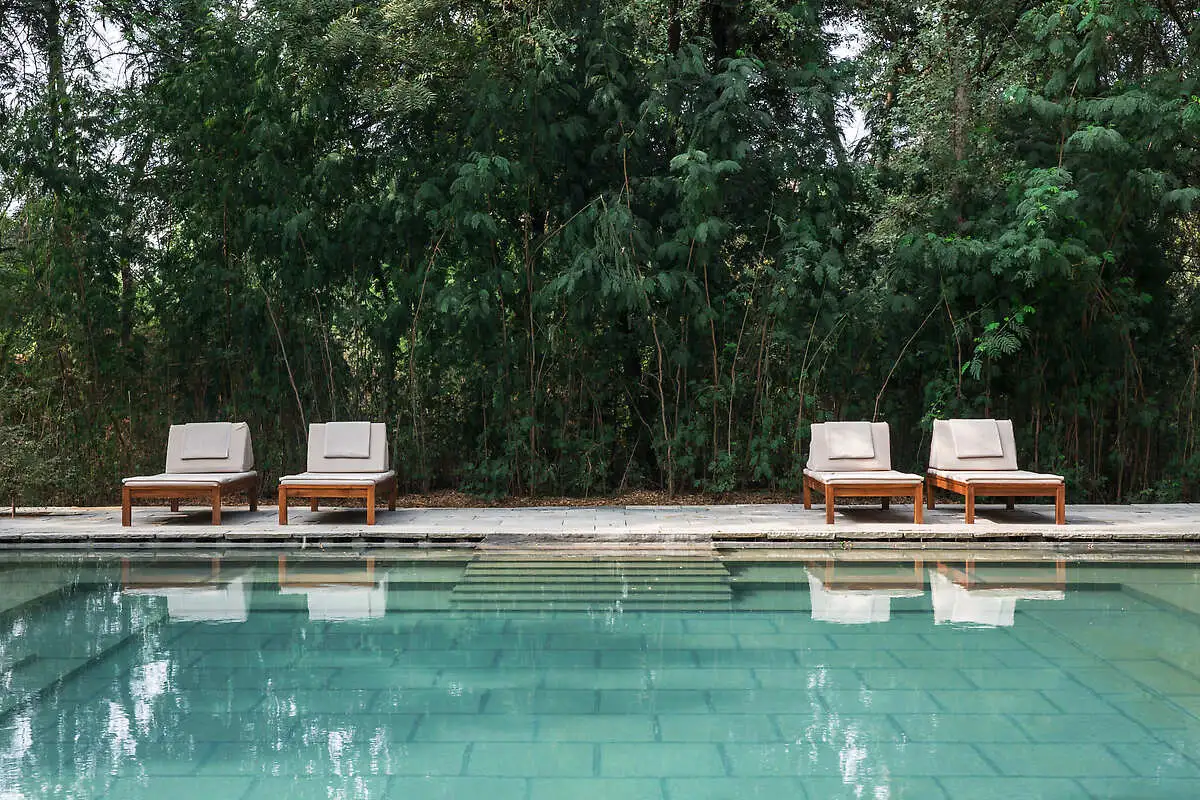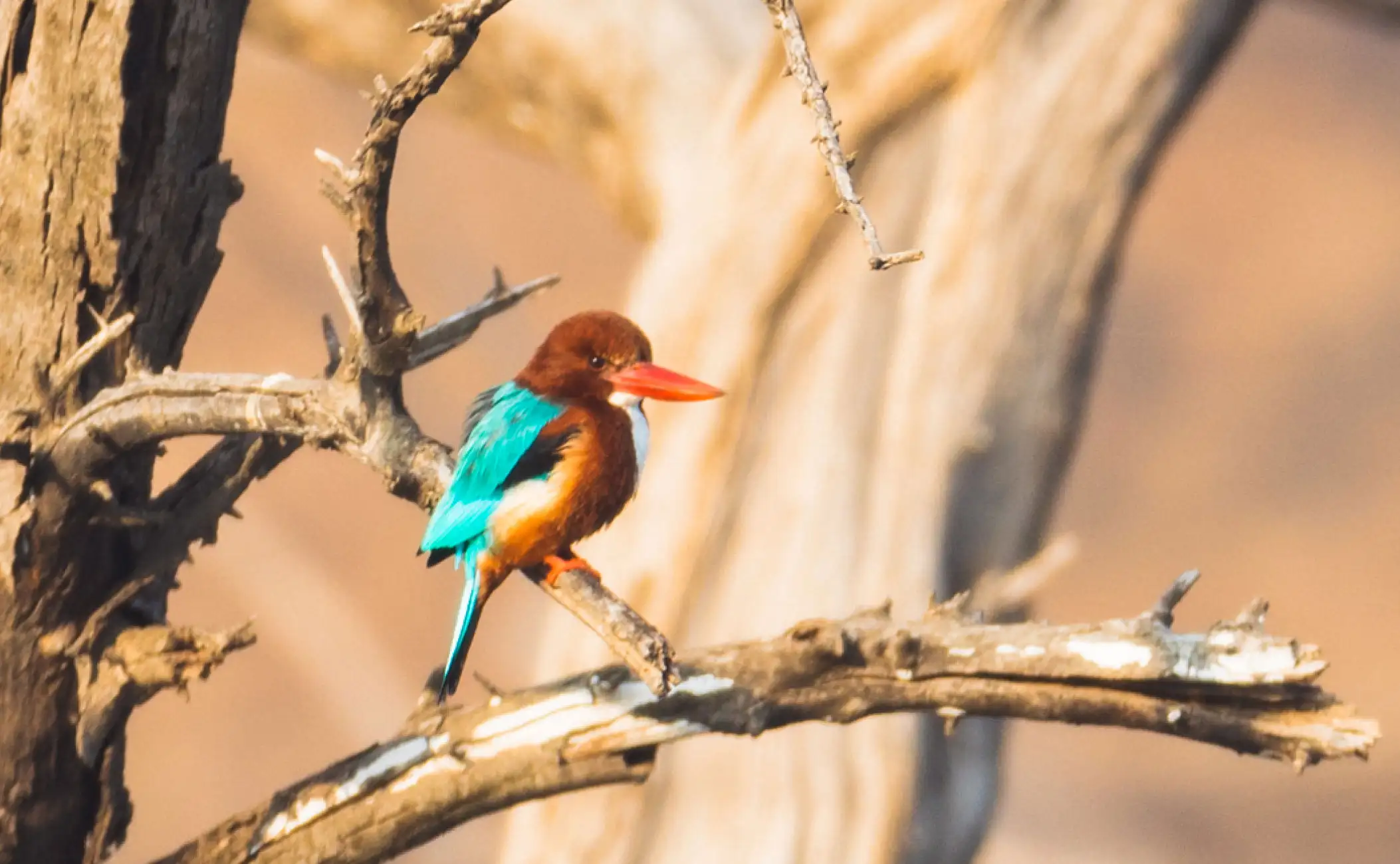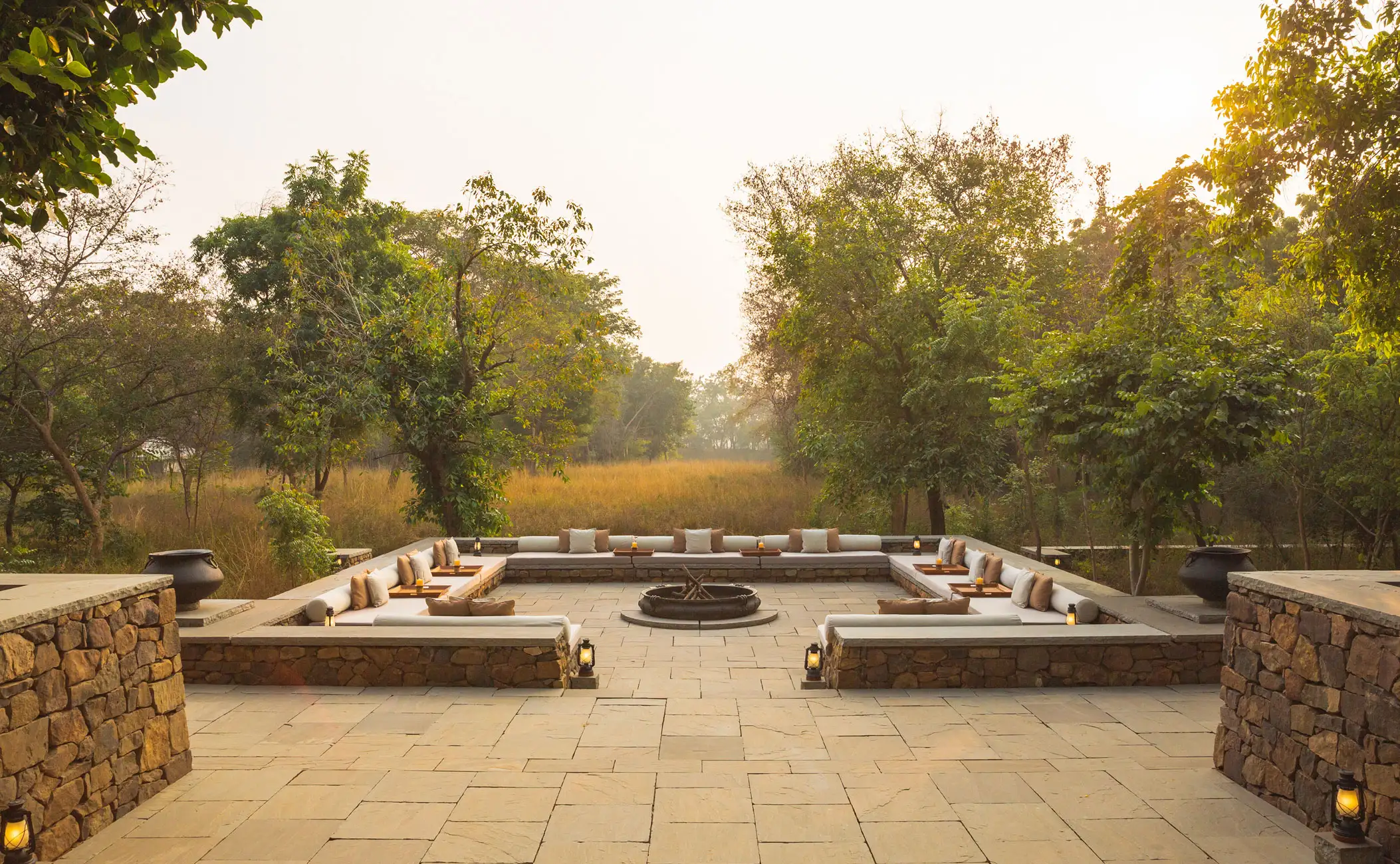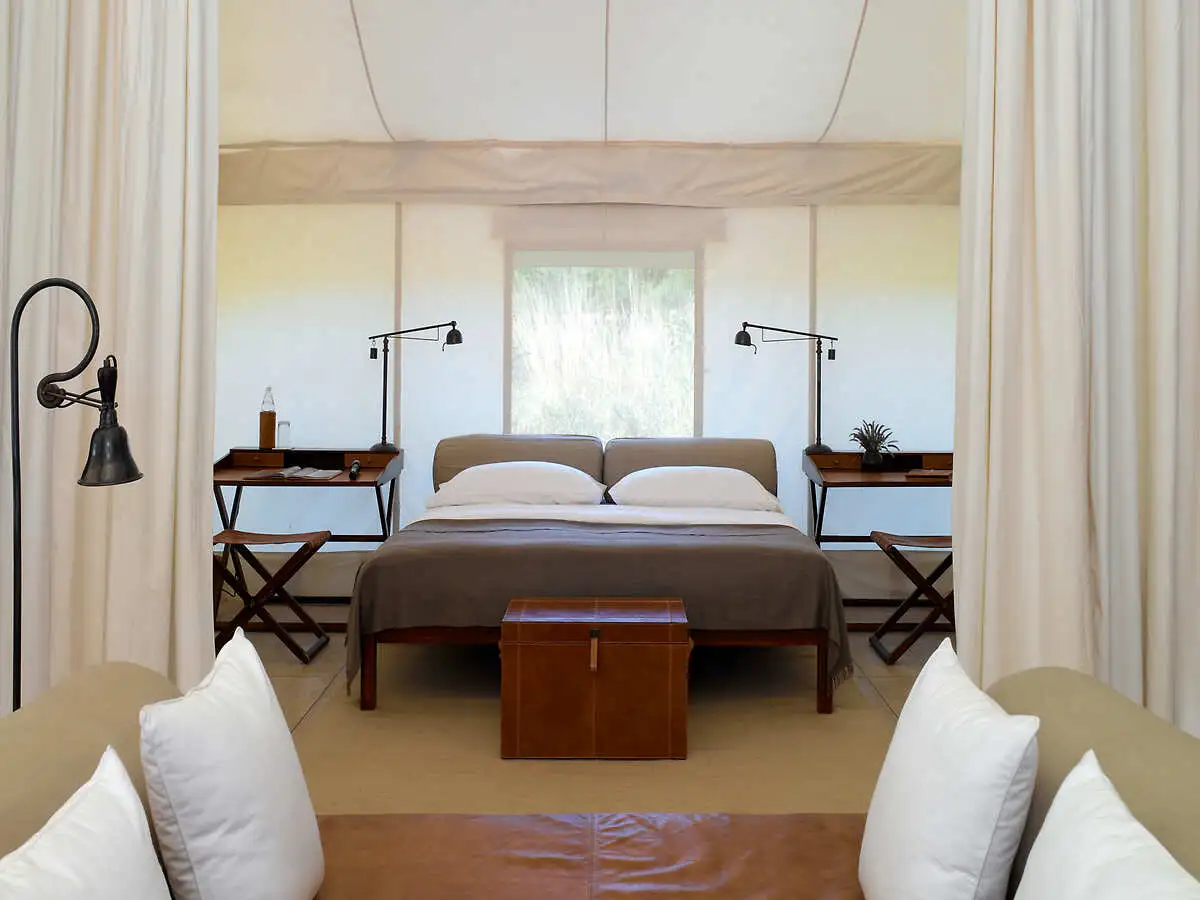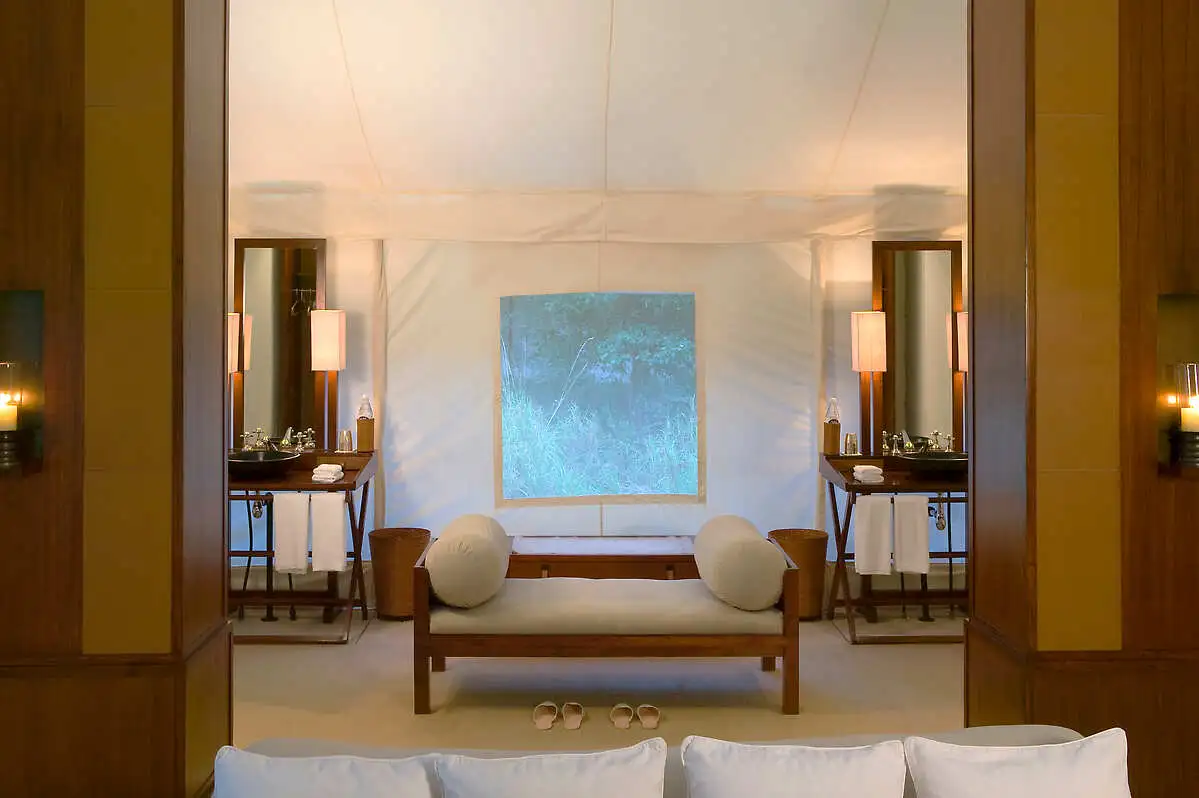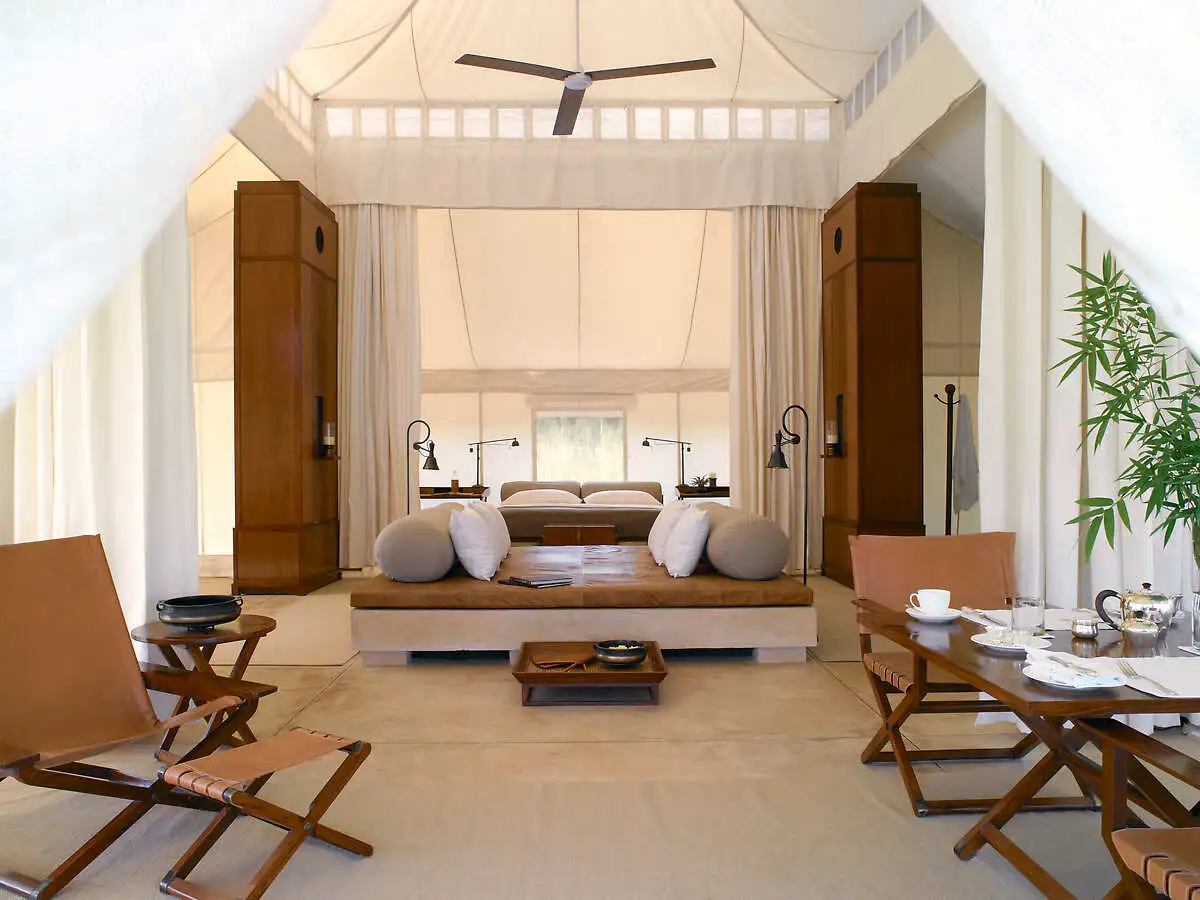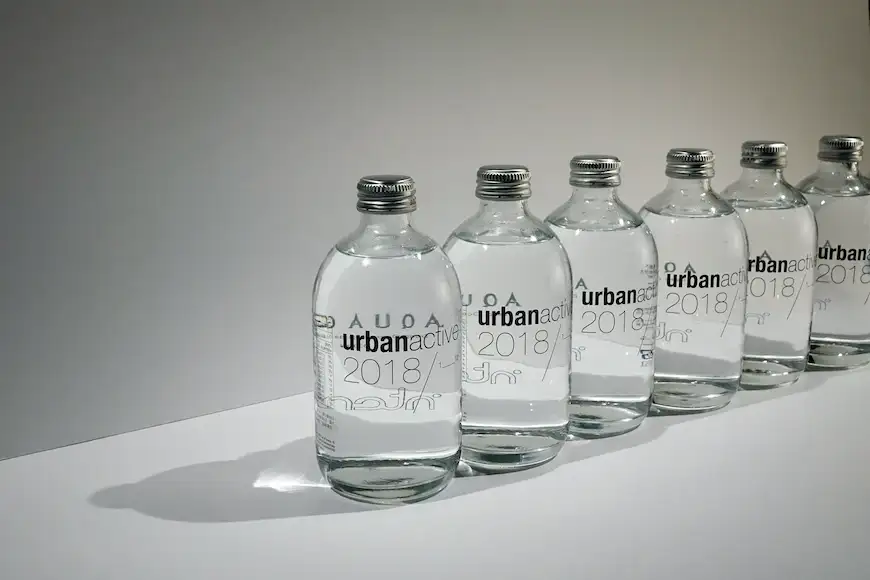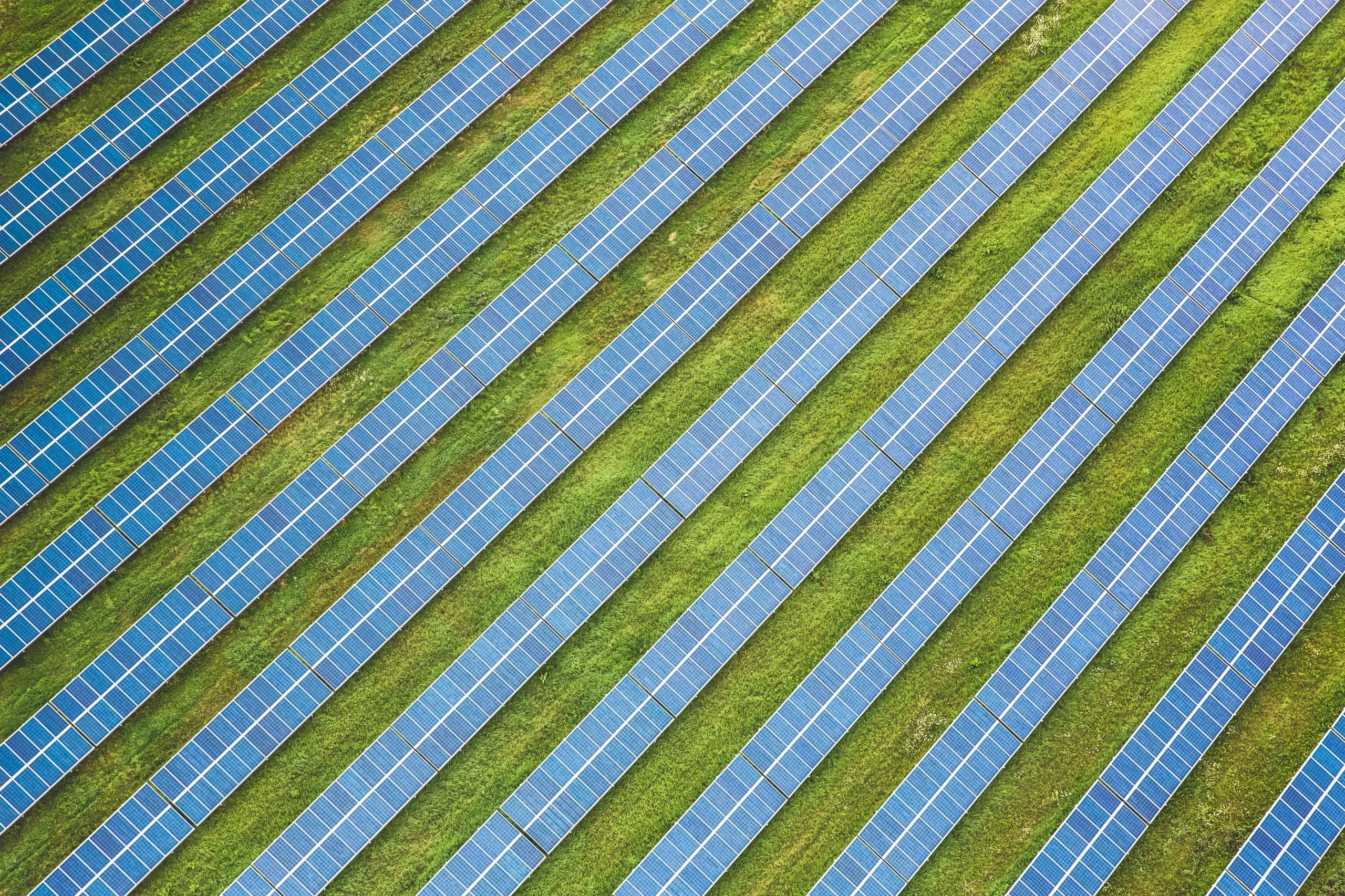Aman-i-Khas
Spot tigers in the wild and experience Rajasthani culture in tented luxury
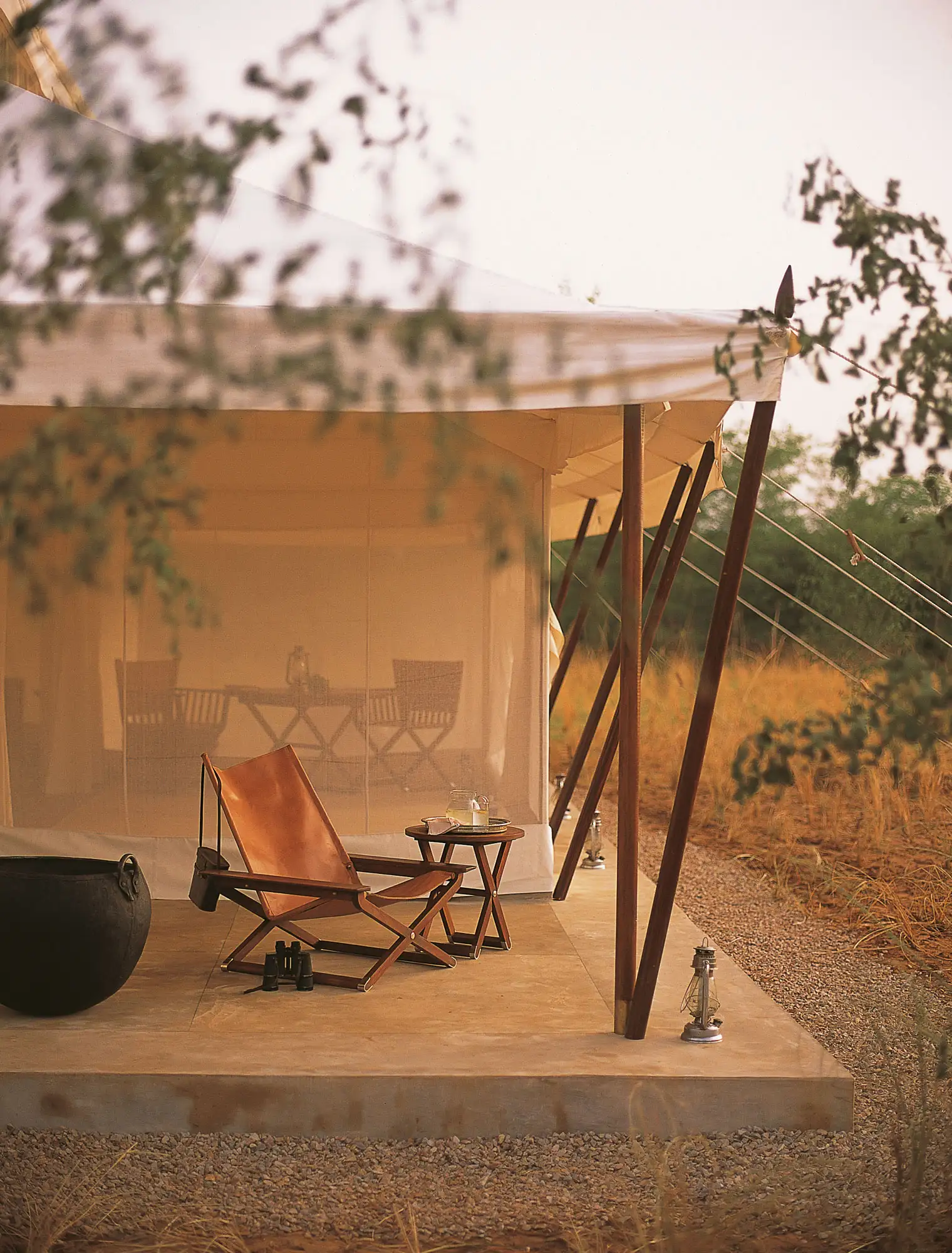
About The Hotel
The domain of the majestic Bengal tiger, Ranthambore National Park is starkly beautiful, its green and gold hues the perfect backdrop to Aman-i-Khás. Situated on the threshold of the reserve, this intimate tented camp offers incomparable privacy and daily safaris seeking out the reserve’s wildlife. Back at camp, spa therapies, swimming and dining take centre stage.
Sustainability was a new word for many in hospitality until recent years, and understanding and adapting to greener, more efficient, impact-driven ways has been an exciting process for Aman-i-Khás. Today, the ten-tented camp showcases clean-energy inventions, eco-building innovations, organic farming, community outreach, hyperlocal employment, and inclusivity and empowerment. Of the camp’s team of 80 employees, only 10% come from outside the immediate Rajasthan region, with the hotel having increased the number of local citizens employed since the start of the pandemic.
Sustainability was a new word for many in hospitality until recent years, and understanding and adapting to greener, more efficient, impact-driven ways has been an exciting process for Aman-i-Khás. Today, the ten-tented camp showcases clean-energy inventions, eco-building innovations, organic farming, community outreach, hyperlocal employment, and inclusivity and empowerment. Of the camp’s team of 80 employees, only 10% come from outside the immediate Rajasthan region, with the hotel having increased the number of local citizens employed since the start of the pandemic.
INTERNET
- Public areas: free
In room: free
CHILDREN POLICY
- Children are welcome
CHECK-IN / CHECK-OUT
- Check-in: 2 pm
Check-out: noon
TRANSPORTATION AND TRANSFERS
- Complimentary transfers for the 25-minute drive from Sawai Madhopur train station
ROOMS
- 10 luxury tents
PARKING
- Complimentary private parking is available on site
PETS
- Pets are not allowed.
SPA AND LEISURE
- outdoor pool
- spa
FOOD&DRINK
- restaurant
- bar
GENERAL
- free wifi
- non-smoking rooms
- facilities for disabled guests
Sustainable Initiatives
Sustainable Initiatives
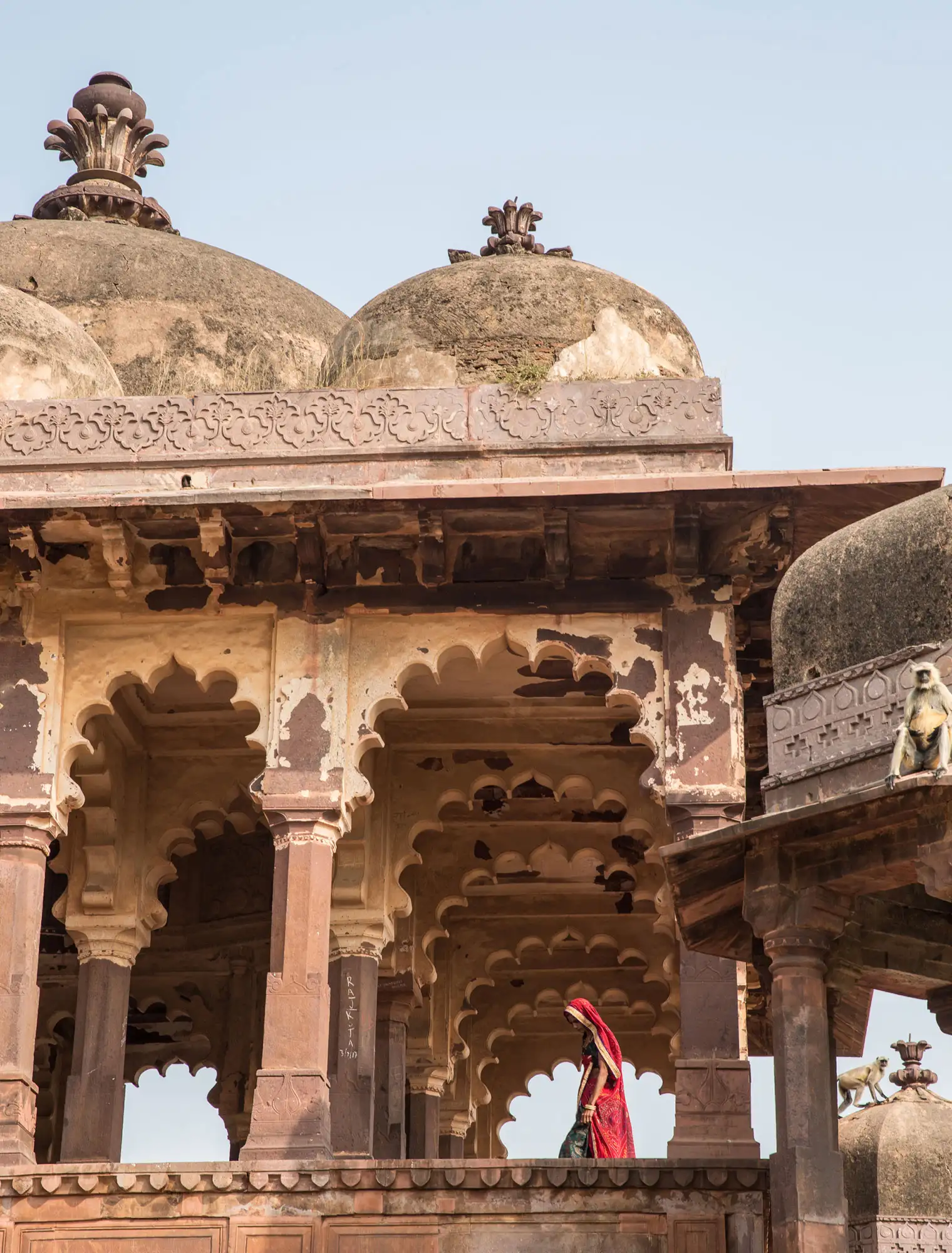
Travel Sustainable Measures
- Option to opt out of daily room cleaning
- Option to reuse towels
- Recycling bins available to guests and waste is recycled
- The property makes efforts to reduce food waste
- Single-use plastic stirrers not used
- Single-use plastic straws not used
- Single-use plastic bottles not used
- Single-use plastic cups not used
- Single-use plastic cutlery/plates not used
- Wild (non-domesticated) animals are not displayed or interacted with while kept at the property, nor are they harvested, consumed, or sold.
- Green spaces like (rooftop) gardens at the property
- Most food provided at the property is locally sourced
- Provide guests with info about local ecosystems, history, culture, and visitor etiquette
JUNGLE AND RAINFOREST
Tented Camps For Glamping Lovers | Kore
Eco-Friendly Tented Camps With Unique Features for Glamping Lovers Nowadays, Tented Camps have developed into the latest travel trend, but this kind of travel lifestyle has been around for a long time. When was glamping invented? Its origin dates back to the 16th century when the Scottish Earl of Atholl prepared a glamping experience for his…
Read more
